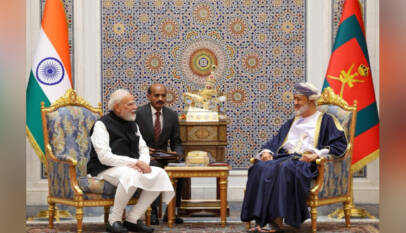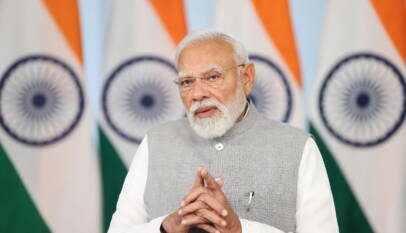Trump’s Win Sparks Economic Blow for Iran as Rial Hits Record Low
In a significant turn of events, Donald Trump, the Republican candidate in the 2024 U.S. presidential election, has defeated Democratic candidate Kamala Harris, regaining the presidency. However, Trump’s victory has sent shockwaves through Iran, where the national currency, the Iranian Rial, has plummeted to its lowest level ever against the U.S. dollar. Currently, one U.S. dollar is valued at 703,000 Iranian Rials, dealing a severe blow to Iran’s economy.
Back in 2015, the Rial traded at 32,000 per dollar, a period marked by Iran’s active involvement in a nuclear deal with major world powers. But tensions rose in 2018 when then-President Trump withdrew the U.S. from the deal, imposing further sanctions on Iran. The sanctions escalated the already strained relations between the U.S. and Iran, leading to significant economic hardship for Iran. Although Trump’s successor, Joe Biden, took office with hopes for renewed diplomacy, the situation between the two countries remained tense, and the Iranian Rial continued to depreciate due to ongoing sanctions.
In July 2024, Iran elected Massoud Pejeshkian as its new president following the tragic death of his predecessor, Ebrahim Raisi, in a helicopter crash. By the start of Pejeshkian’s tenure, the Rial had already weakened significantly, trading at 584,000 per dollar. The Republican Party’s return to power has pushed it to an even lower point.
Despite this economic hit, Iran has downplayed the effect of the U.S. election outcome. Government spokesperson Fatima Mohjerani stated that Iran is unaffected by the U.S. elections, emphasizing that Iran’s policies toward the U.S. are firmly established and independent of changes in American leadership. “We have made all necessary preparations,” Mohjerani affirmed, signaling Iran’s resilience in the face of longstanding U.S. sanctions.
For years, Iran has faced an array of U.S. sanctions targeting its economy and trade, particularly in the oil sector, which is central to its economy. These restrictions have severely impacted Iran’s ability to conduct business globally. Iran, however, remains unyielding, maintaining a firm stance against the U.S. Despite heightened tensions, especially surrounding issues like the Israel-Gaza conflict, Iran and the U.S. show no sign of softening their positions. Recently, when Israel launched a missile attack on Iran, Tehran issued a direct warning to Washington, underlining the depth of animosity between the two nations.
Nuclear concerns remain a central issue in U.S.-Iran relations. While the U.S. and Western allies allege that Iran’s nuclear program is aimed at developing weapons, Iran asserts that its nuclear activities are strictly for peaceful purposes.
The strained relationship between the U.S. and Iran has deep historical roots. Tensions began in 1979, following the Iranian Revolution, which dramatically shifted Iran’s foreign policy and ended previously amicable ties with the U.S. Decades later, this contentious relationship continues to grow over issues including Middle Eastern geopolitics, maritime trade, and a range of sanctions.
Drone Strike Shuts US Embassy in Saudi Arabia as Iran–Israel Conflict Intensifies
New York, March 2026 : The escalating conflict in the Middle East took a sharper turn on T…




















